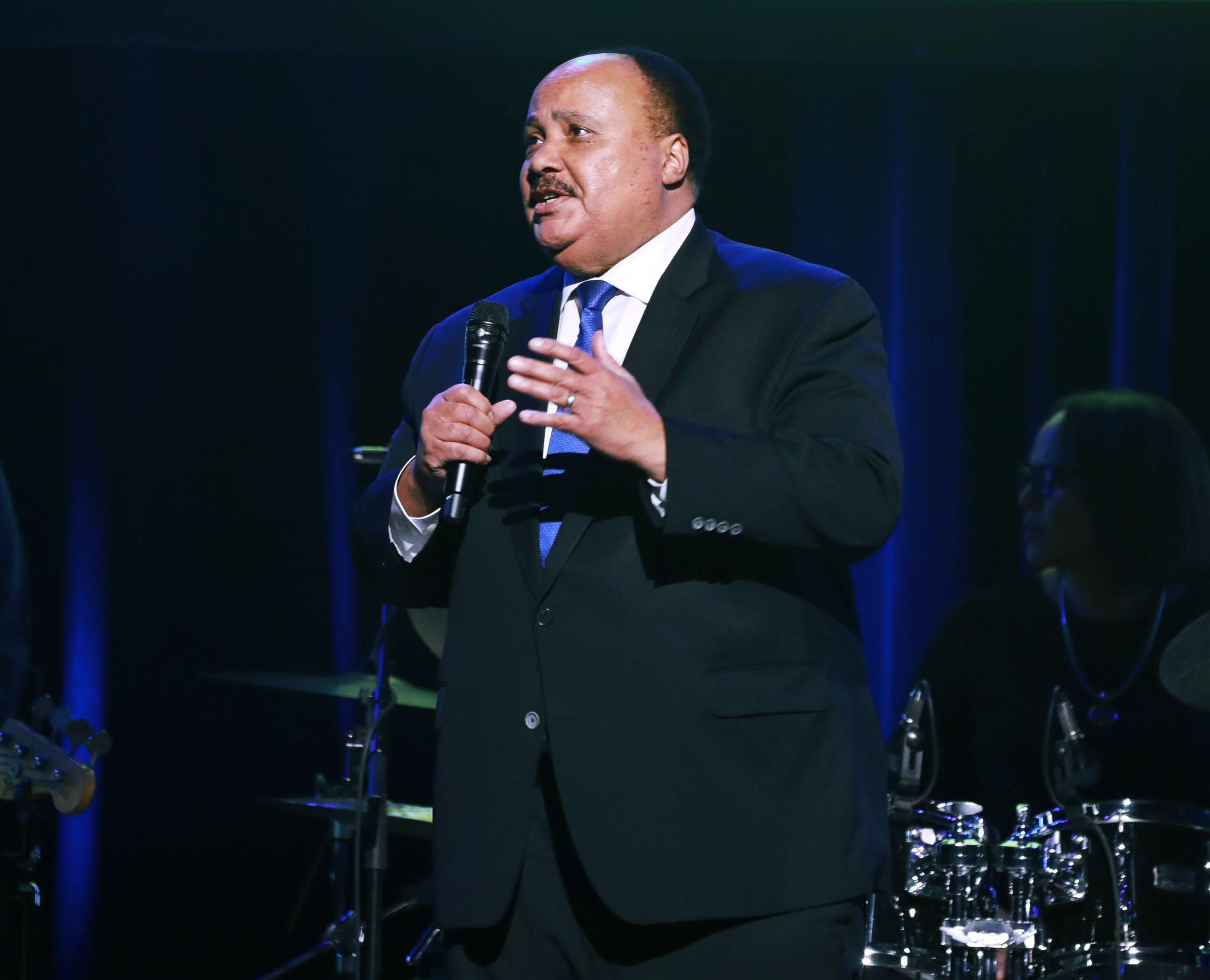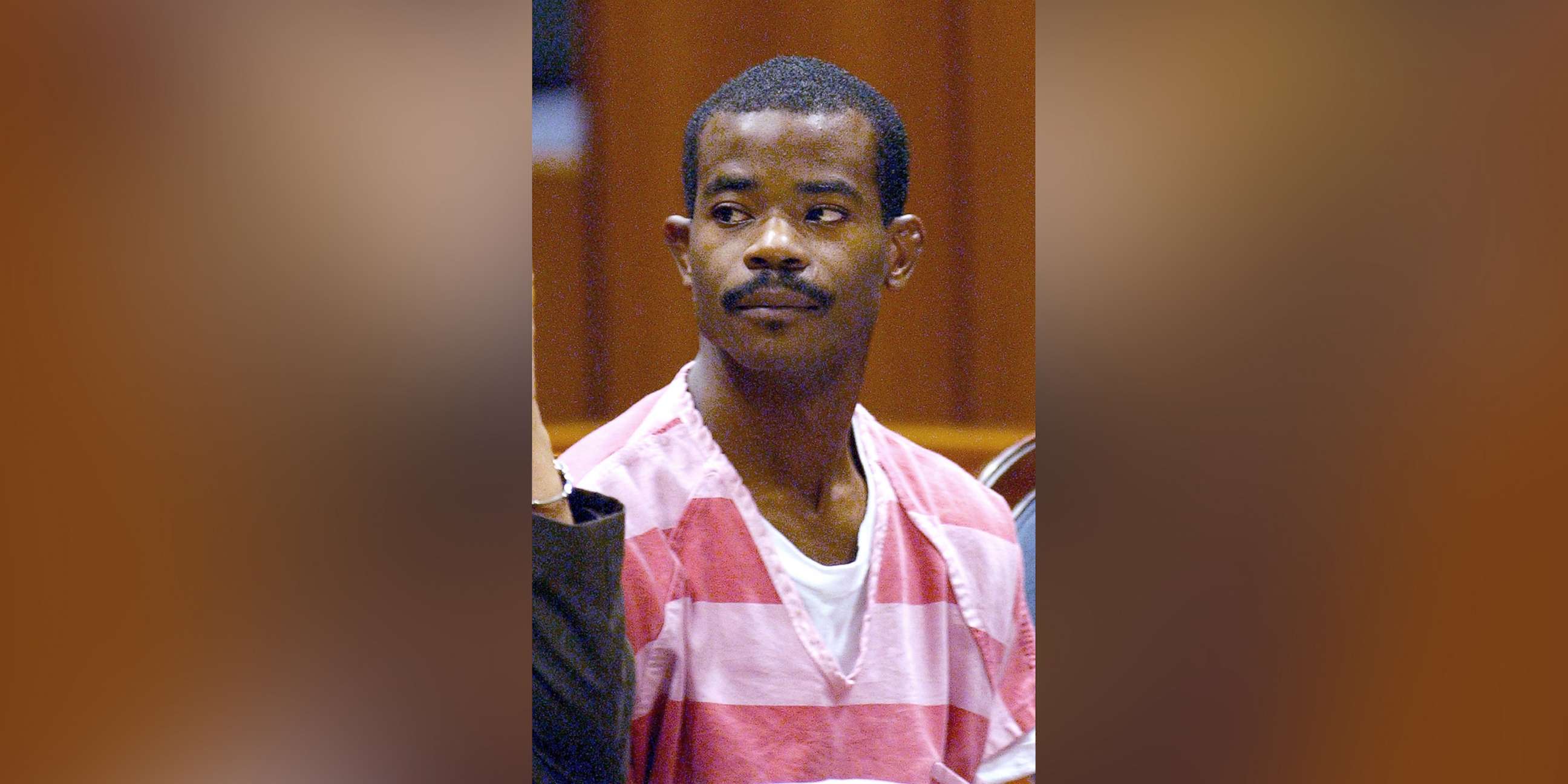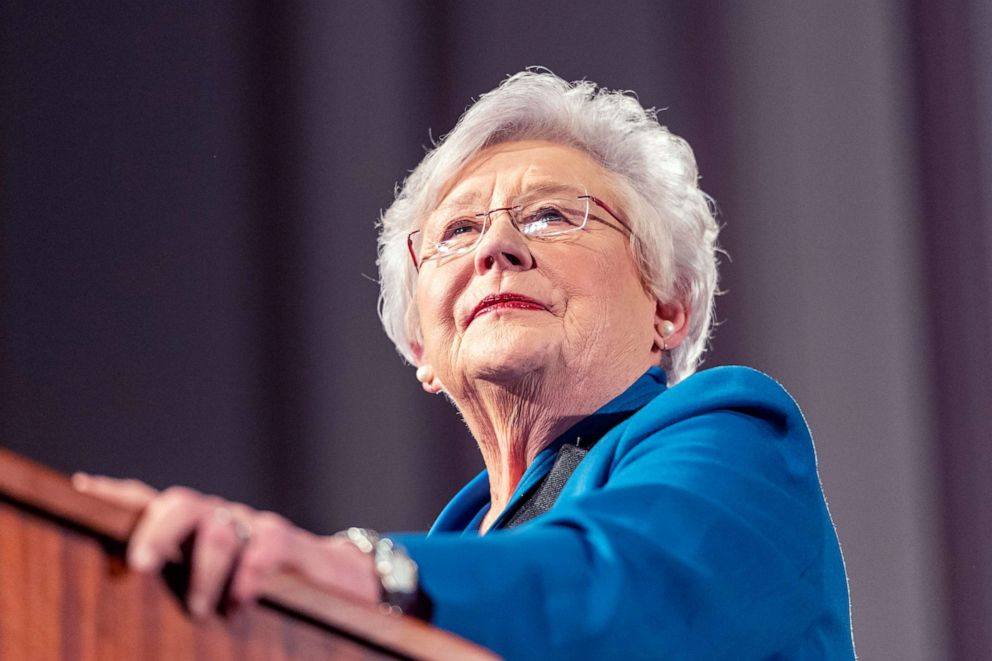MLK III pleads with Alabama governor to stop execution of Nathanial Woods, convicted in slayings of 3 cops
Absent a reprieve from Gov. Kay Ivey, the execution will occur on Thursday.
The son of civil rights icon Martin Luther King Jr. has joined a chorus of calls to halt the execution of a man convicted of capital murder in the 2004 killings of three Alabama police officers, echoing his father in a letter to the state's governor that "injustice anywhere is a threat to justice everywhere."
Death row inmate Nathaniel Woods, 44, is scheduled to die on Thursday by lethal injection at the William C. Holman Correctional Facility in Atmore, Ala., despite the contention that he was not the one who shot the officers and that he received inadequate representation during his 2005 trial.
"I stand with hundreds of thousands of Americans across Alabama and the nation, pleading with you not to execute Nathaniel Woods," Martin Luther King III wrote in a letter sent on Tuesday to Alabama Gov. Kay Ivey, a Republican.

Ivey, who has been Alabama's governor since 2017, has yet to release a statement on Woods' case, the governor's press secretary Gina Maiola told ABC News on Tuesday. In his letter, King noted that Ivey has refused to meet with him or even speak to him on the phone about the case.
"In just 2 days, your state, and the state I was born in, is set to kill a man who is very likely innocent," King wrote.
King's letter to Ivey comes after nearly 70,000 people signed a petition on the website Change.org to stop the execution of Woods, who would become the first person executed in Alabama this year and the 67th since the state reinstated the death penalty in 1976.
"Killing this African American man, whose case appears to have been strongly mishandled by the courts, could produce an irreversible injustice," King wrote in his letter to Ivey. "Are you willing to allow a potentially innocent man to be executed?"

On June 17, 2004, Birmingham police officers Carlos Owen, Harley Chisholm III and Charles Bennett were shot to death while executing a misdemeanor assault warrant for Woods at a suspected crack house in Birmingham.
Woods' alleged accomplice in the killings, Kerry Spencer, confessed to being the sole gunman who killed the officers with a high-powered weapon, but separate juries convicted both men of four capital murder charges, including killing the officers in the course of committing another crime.
During both trials, prosecutors presented the jury the theory that Woods and Spencer acted in tandem to lure the officers into theapartment to kill them.
A jury convicted Woods in December 2005, and in a nonunanimous verdict of 10-2 recommended a sentence of death. Spencer was also sentenced to death and is awaiting execution.

Woods appealed his conviction, arguing his lawyer gave him inadequate representation by misinforming him that he could not be convicted of capital murder as an accomplice and convincing him to reject a plea deal prosecutors offered him of 20 to 25 years in prison, according to court records.
Woods' appeal was denied by the Alabama Supreme Court and the U.S. Supreme Court.
In his letter to Ivey, King stated that Woods "has never had a fair trial" and has not gotten the opportunity to present new evidence since his conviction bolstering his claim that Spencer acted alone and that there was never a plan to lure the officers into an ambush.
"So before you allow the execution of Nathaniel Woods, I urge you to grant him a reprieve. We must have time to accurately review the new evidence. With all the concerns expressed by the public, this case requires the highest level of scrutiny possible," King wrote. "In closing, my father said, 'injustice anywhere is a threat to justice everywhere,' and so I pray that God grants you the courage to do the right thing: to delay his execution."




